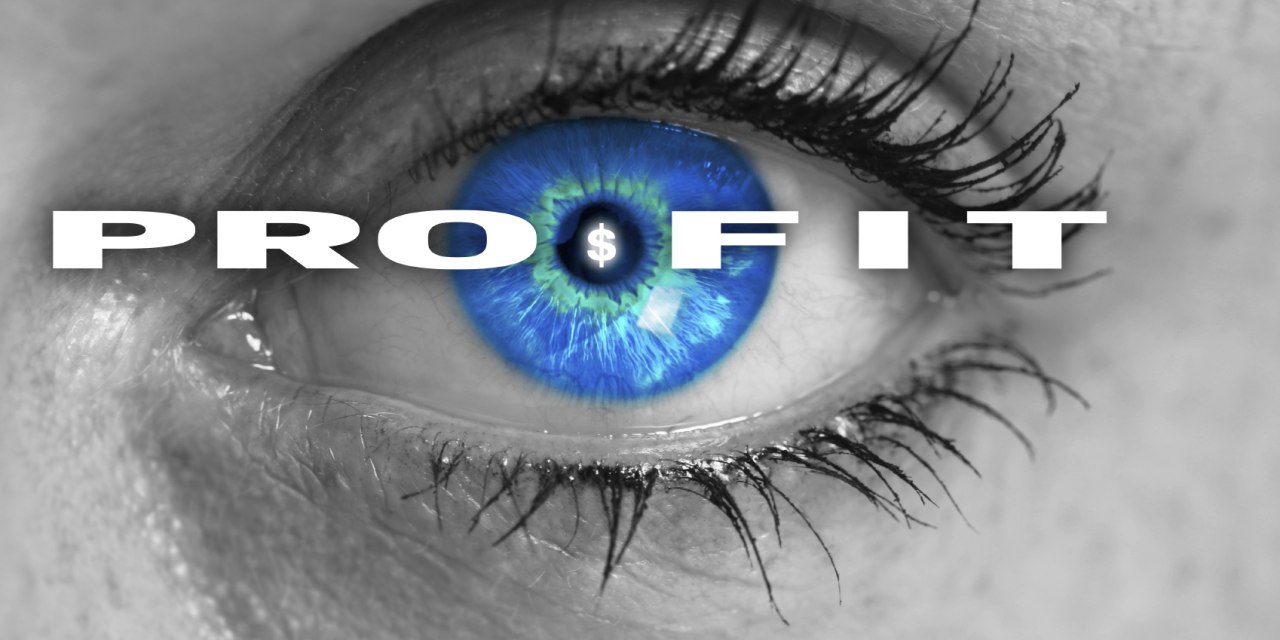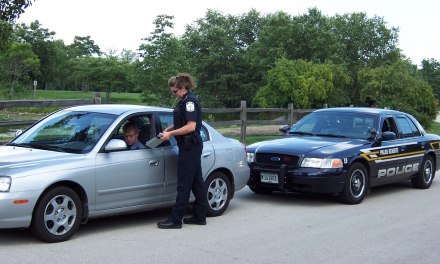Recent reports from the trial of several large pharmaceutical firms have turned out to be even more disturbing than the ones that came before. I think it’s those embarrassing corporate emails — did the people who wrote them really expect them to remain secret? I suppose so. Most were from a period when the idea of rural drug abuse was seen as something of a joke. “I didn’t think our country cousins would even know dope when they saw it,” mocked one urban sophisticate.
Maybe to begin with, they didn’t. What we failed to appreciate was the lengths Big Pharma and pain clinics would go to recruit them.
Anyway, I recall a humorous song about rural “pillbillies”, and a series of novels portraying small-town ‘drug drama’. See for yourself.
What was humor then isn’t any longer, of course — not when OD deaths are up 30% nationally. I can’t imagine the arrogance it took for the prescription drug industry to flood poor communities in places like West Virginia, Kentucky, Ohio and Florida with ungodly quantities of opioids.
One giant distributor, Amerisource Bergen, apparently shipped 100 million doses of Oxycontin to a single county, population 90,000, over a nine year period. Did they really think that was all intended for personal use by medical patients? Or that much of it wouldn’t be diverted elsewhere?
C’mon, fellas.
Attorney: AmerisourceBergen executive showed ‘contempt’
The tone of some of those emails made me think of frat boys planning a road trip in the movie Animal House.
Not to suggest this rapaciousness is confined to the pharmaceutical sector. We’re just now learning about Exxon’s 40 year campaign to undermine public concern over climate change. Their goal: shift responsibility from the sellers to the consumers.
ExxonMobil wants you to feel responsible for climate change so it doesn’t have to
Here’s how it works: A company knowingly creates a significant risk for consumers and society through a campaign of deceptive and misleading information. The motive: enhance profits. It’s a relic from an era when business operated on the principle of caveat emptor —buyer beware. Which supposedly came to an end when consumer advocates began to prevail in important Court decisions. Apparently it didn’t.
As evidenced by internal company emails that bore a picture of a cereal box with the legend “Oxycontin for Kids” in bold print.
It looks as if they thought the combo of deep pockets, sophisticated lobbying, and battalions of attorneys would be enough to protect them from damage if the public caught on. Reminds me of the corner dope dealer who sits in a cell, waiting out his six month jail term and telling himself it’s just the cost of doing business.
He’s making plans to resume work the day after he gets out.
As one corporate executive put it: “We’re a company, we’re not an enforcement agency and we’re not a regulatory agency.” Meaning the welfare of patients and the public is not their concern? It’s a problem for the rest of us?
An argument that might carry more weight if the industry hadn’t spent vast sums to market and advertise its opioid products to physicians and consumers — the kind of thinking that makes regulation necessary in the first place.
The trials proceed.












